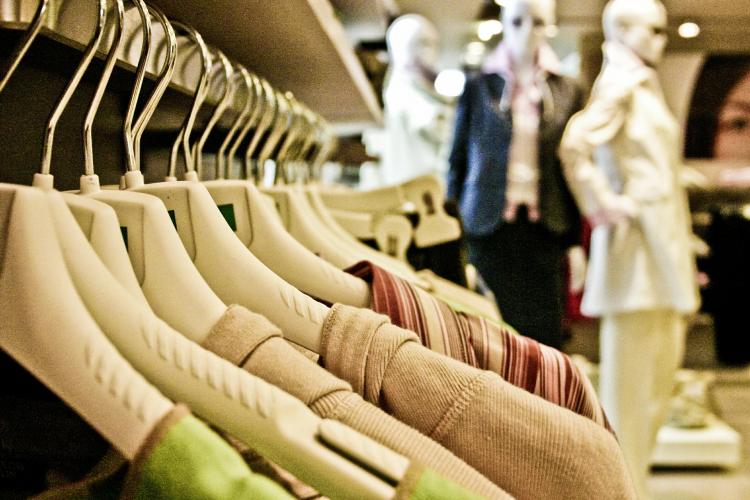Why Paris Fashion Boutiques Are Vanishing

Paris is one of the world’s top shopping destinations. Whether in the luxury-brand shops on Avenue Montaigne or Rue Saint-Honoré, there is no shortage of wears for the fashionably-inclined.
But after living in Paris for a while now, I have noticed the shopping landscape becoming quite redundant. The Kooples, Maje, Ba&sh, Comptoir de Cottoniers, Zara, H&M, Les Petites -- all these chains have surfaced in virtually every Parisian neighborhood. Fashion mega-brands are definitely making their mark in Paris and – with business regulations as they are – it's a trend sure to continue.
So what is happening to independently-owned boutiques? Although there are still a handful of charming boutiques in areas like the Marais or the hidden backstreets of the 11th arrondissement, one would think there would be much broader range of shopping options and artist ateliers. Unfortunately, the competition between chain brands and small boutiques is getting increasingly unbalanced. As a result, the big brands continue to proliferate and smaller boutiques are suffering.
One of the main culprits is France's government-regulated "soldes" (or sales) that occur twice a year – once in January and once in June/July. It is only within this two-week window that retailers are allowed to mark down their inventory. And although the French government thinks they are making competition more fair, this actually ends up producing the opposite result.
By nature, small businesses cannot have the same buying strategies as big brands -- such as bulk-buying, outsource manufacturing, and so on. This means their upfront merchandise costs are already higher (and profit margins lower) than their mega-brand competitors, meaning they must sell more to recuperate their overhead costs. So when the soldes come along, big brands have much more room to discount merchandise as they attempt to empty their stock.
In addition, big chains also have outlet stores built into their business models, meaning any leftover stock will be sent downriver to their various outlet locations. Small boutiques, on the other hand, must “eat” any cost of merchandise that remained unsold before the season turnover. And since businesses must dispose of their stock in order to accommodate the new season, this imbalance favors big chains and leaves boutiques struggling even more to pay rent.
For a country that is trying to establish fair competition, it is truly dommage that France isn’t able to see that such strict government regulations as the mandated soldes favor big business and are increasingly push out more charming and independent boutiques. However, France isn’t the only country to employ such practices. Other European countries such as Italy, Spain, Belgium, and Greece have similar retail regulations.
But with Paris’ reputation as a flagship destination, storefront rental and overhead prices are sadly pushing Parisian boutiques out of the fashion game.








